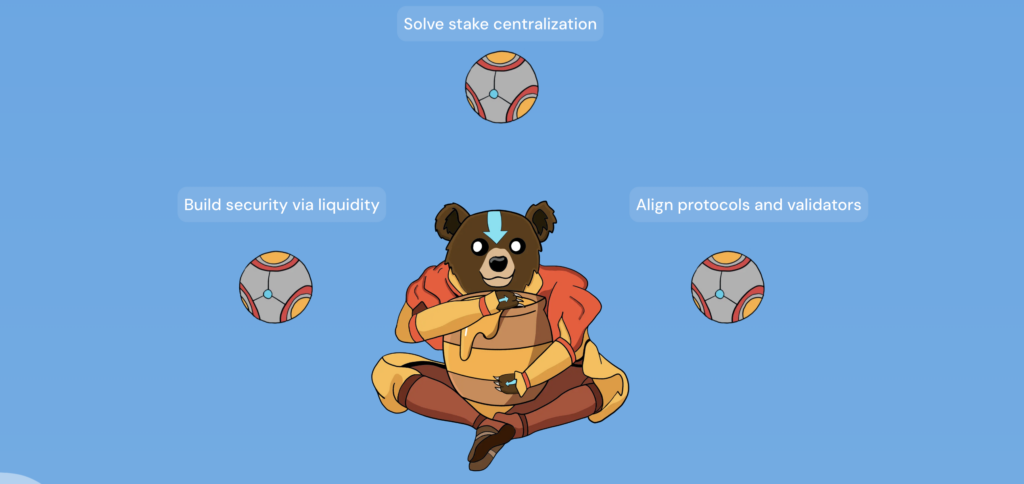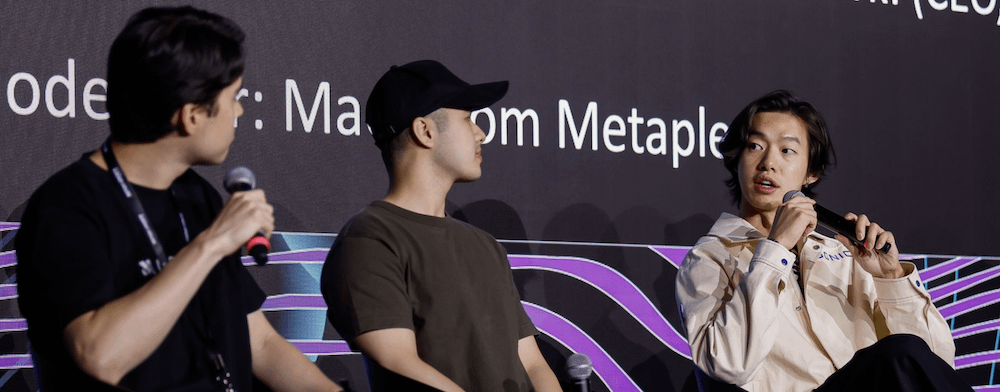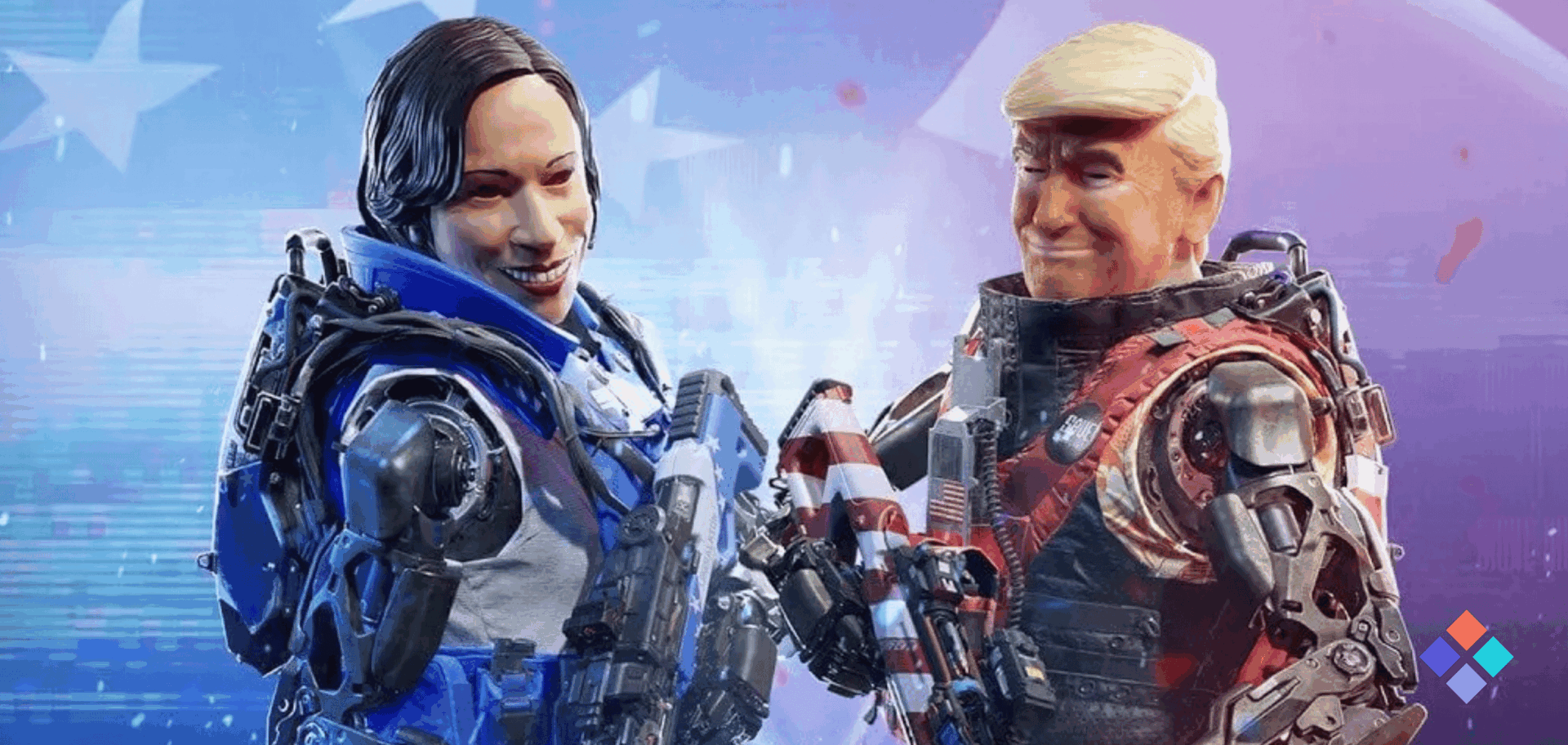No products in the cart.

Berachain is a new Layer 1 blockchain for DeFi. It solves liquidity fragmentation with a new Proof of Liquidity (PoL) consensus. Combined with its Ethereum Virtual Machine (EVM) compatibility, Berachain looks like an efficient platform for DeFi applications.
In this article, we explore Berachain’s unique features, governance model, dApps, games, and NFTs, uncovering how its community and technology are shaping its path in DeFi.
What is Berachain?
Berachain is a high-performance blockchain where liquidity and security meet. Modular and interoperable, EVM-compatible Layer 1 chain where developers can create custom blockchain solutions without performance sacrifice.
Berachain is still in its testnet phase, so the main blockchain hasn’t officially launched yet. This stage is all about testing and development, giving developers and the community a chance to explore the network’s features and work out any issues before the mainnet goes live.

Features
Berachain’s innovations: security, performance, EVM compatibility
- EVM Compatibility: Berachain’s EVM compatibility allows dApp developers to port their dApps with minimal code changes, the same experience as Ethereum devs.
- Proof-of-Liquidity Consensus: Unlike traditional consensus methods, Berachain’s PoL incentivizes liquidity providers by tying liquidity allocation to network security, so there’s a steady flow of liquidity in the ecosystem.
- Modular: Berachain’s architecture is modular, so developers can create custom Layer 1 blockchains that still have cross-chain interoperability.
- Cross-Chain Interoperability: Built with multi-chains in mind, Berachain allows for flexible asset transfers and interactions with other blockchain networks.
Network Security
Berachain’s security is based on the PoL consensus; security is tied to liquidity. This incentivizes users to be liquidity providers and contributes to network stability and security.
Berachain’s security is centred around its tri-token system, which includes the Berachain Governance Token (BGT). This non-transferable governance token is obtained by staking BERA, Berachain’s native token and other assets in the reward vaults. By tying security, liquidity, and governance, Berachain becomes decentralized and stable.

Governance and Tokenomics
Berachain’s multi-token economy separates governance, security and economic incentives into different tokens, each with its own role:
- Berachain Governance Token (BGT): The soulbound BGT allows holders to participate in governance, vote, and delegate authority in the network. BGT is non-transferable and earned by providing liquidity in PoL-eligible assets.
- BERA: Berachain’s native token, BERA is used for gas fees and network security. Its role in supporting transaction fees and incentivizing validators ensures decentralization and sustainability.
- HONEY: Berachain’s native stablecoin is soft-pegged to the US dollar to provide a stable asset for the ecosystem. It’s used for payments, transactions, and various DeFi activities, including lending and borrowing.
This token economy aims to balance power, with stakeholders actively contributing to the network’s health and growth.
Decentralized Applications and Ecosystem
Berachain’s ecosystem has various decentralized applications (dApps) that reward liquidity providers and validators:
- BEX: Berachain’s native decentralized exchange (DEX), BEX allows users to trade tokens in the ecosystem and earn rewards by providing liquidity, for a healthy liquidity pool.
- BEND: Decentralized lending platform where users can borrow and lend assets; borrowers get governance tokens (BGT) and add to network security.
- BERP: Perpetual trading platform, BERP allows users to trade with leverage and earn BGT by providing liquidity in the ecosystem.

Games and NFTs
Berachain’s blockchain gaming and NFT ecosystem is still in its early stages but growing fast. These projects combine DeFi with gameplay and NFT driven economies.
Games
- Gemhunters: Idle RPG that introduces “Beramonium Genesis Beras”, NFTs that players send on missions to collect equipment and gems. These assets can be traded for NFTs from other collections, connecting in-game assets with Berachain’s DeFi.
- BeraTone: Farming and life simulation game where players can farm, craft and trade in a blockchain enabled environment. Community interaction and resource management makes it a new breed in the blockchain gaming space.
NFTs
- Honey Jar: A project that combines NFTs and gaming, players can stake their NFTs to earn rewards and participate in community events.
Recently, they announced a partnership with Magic Eden, one of the most popular NFT marketplaces out there. This means creators and collectors can now easily buy, sell, and trade Berachain NFTs on a trusted platform.
Berachain Trends
Berachain’s NFT and gaming approach shows several clear trends:
- DeFi Integration: By integrating DeFi in its games and NFTs, the chain allows users to earn rewards, participate in liquidity pools and use assets.
- Community Driven: Many projects are community focused through governance tokens, DAOs and collaborative gameplay, users are encouraged to shape the direction of the platform.
- Early Mover: As a new platform; early adopters can shape the future. This early stage is for those who want to be part of the growth.
The chain’s EVM compatibility allows developers to deploy Ethereum-based dApps on the platform without major changes. The liquidity consensus mechanism also encourages liquidity providers to participate in a healthy DeFi environment.
For users, Berachain’s native token, BERA, takes care of gas fees and network security. Its dapps and games offer other ways for users to interact with the ecosystem, from trading and lending to gaming and NFT customization.
Conclusion
Although Berachain is a new platform, it shows strong potential. Its unique consensus model, active community, and innovative projects position it as a notable player in the DeFi landscape. Once it launches its mainnet, continued development and adoption will be crucial for Berachain to realize its potential in blockchain innovation.
Editor’s note: Written with the assistance of AI – Edited and fact-checked by Jason Newey.






![14 Best Free AI Picture Generator of 2024 [Tested with Sample Images]](https://mlso5yzhfdmc.i.optimole.com/w:auto/h:auto/q:mauto/https://nuillum.xyz/wp-content/uploads/2024/11/ad8cfa44-242d-4481-a39c-e46242cdde3f.jpg)